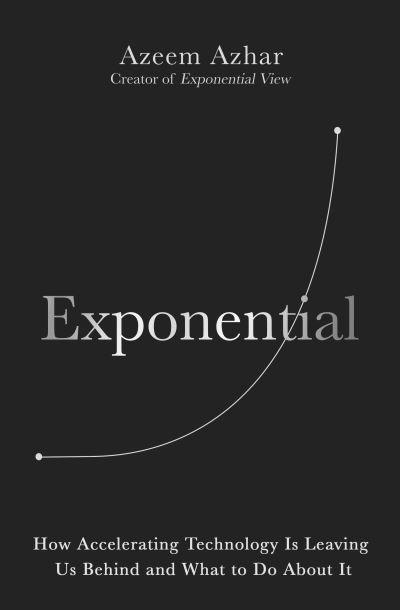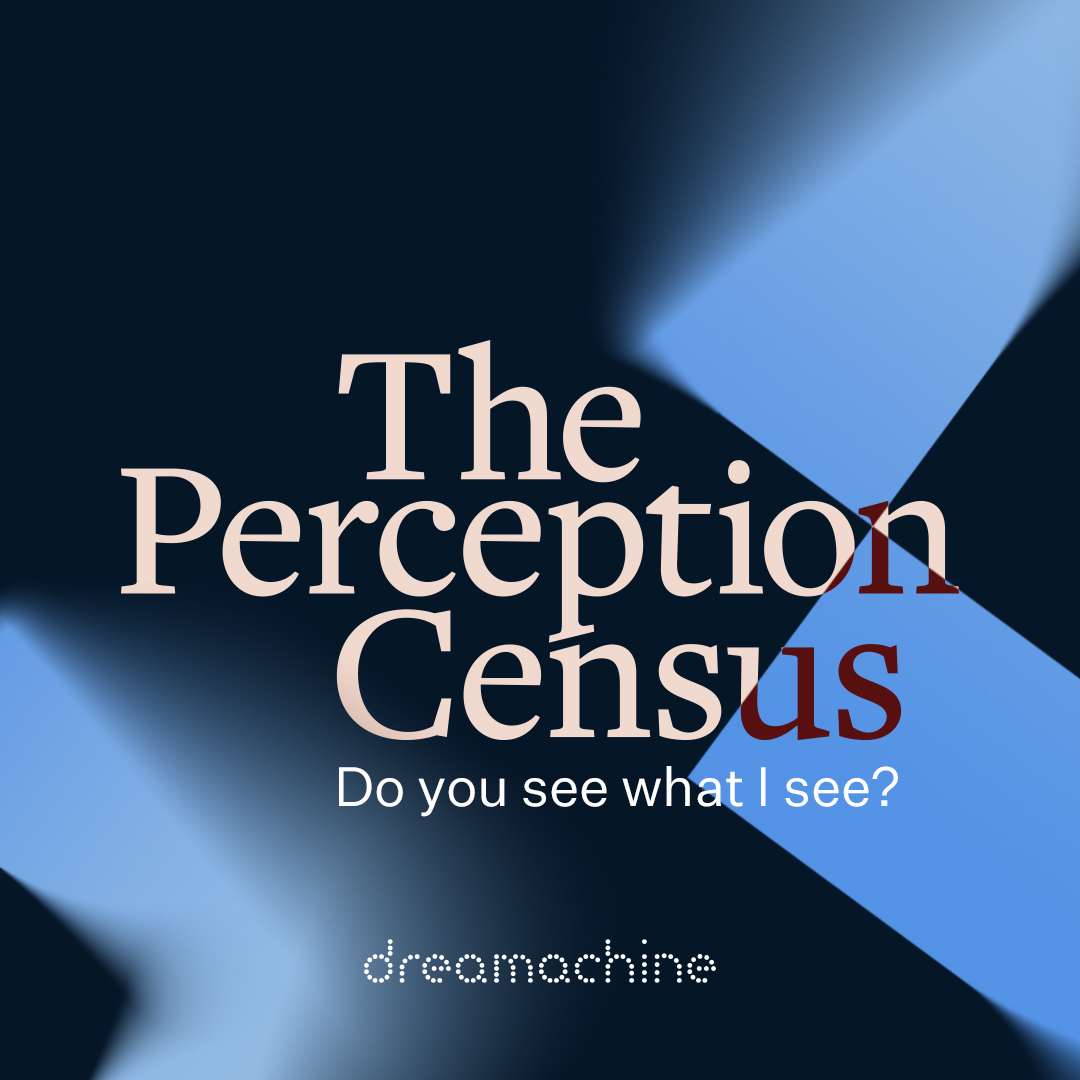
1/25 Since it’s that time of the year, here’s some (maybe all) of the books I’ve read or listened to in 2022, roughly in chronological order 📚👇🏽
2/ Exact thinking in demented times, by Karl Sigmund. A fascinating, lyrical, vivid, and deeply researched history of the Vienna Circle. Takes a while, but repays handsomely. uk.bookshop.org/books/exact-th… 

3/ Piranesi, by Susanna Clarke. How she conjures such a vivid and magical world with just words I have no idea. It is a world I did not want to leave. Read it, and then listen to Chiwetel Ejiofor read it to you. Wonderful. uk.bookshop.org/books/piranesi… 

4/ When we cease to understand the world, by Benjamín Labatut. A unique mix of fiction and nonfiction, of big ideas, and of madness and creativity. A mind-expanding read. uk.bookshop.org/books/when-we-… 

5/ Children of time, by Adrian Tchaikovsky. An acclaimed sci-fi novel involving terraformed planets, intelligent spiders, and an ambitious portrayal of the vastness of time and space. I found it hard to get into, but it stayed with me uk.bookshop.org/books/children… 

6/ East west street, by Philippe Sands @philippesands. A prize-winning detective story, family history, and legal thriller, set in the Ukrainian city of Lviv. I recommend listening to @philippesands’ narration (with David Rintoul). Then try The Ratline. uk.bookshop.org/books/east-wes… 

7/ In consciousness we trust, by Hakwan Lau @hakwanlau. Lau – a leading neuroscientist, colleague, and friend – explains his take on the neural basis of consciousness, & on consciousness science in general. Highly recommended (see also #Bewilderment, 22) uk.bookshop.org/books/in-consc… 

8/ Bittersweet, by Susan Cain @susancain. The follow-up to her all-conquering #Quiet, Bittersweet is a beautiful exploration of this most mysterious and contradictory of emotions – and there’s even a soundtrack (Albionini’s Adagio in G minor💓) uk.bookshop.org/books/bittersw… 

9/ Lincoln in the bardo, by George Saunders. One of the most creative novels I’ve ever read. Magical realism? Surrealism? Who knows – but it is moving, transporting, hilariously polyphonic, and deeply meaningful. The audiobook is a joy. uk.bookshop.org/books/lincoln-… 

10/ The man from the future, by Ananyo Bhattacharya @ananyo. An insightful, informative portrait of the genius John Von Neumann – one of the greatest intellects of the 20th Century. It’s a riveting story too. Great stuff. uk.bookshop.org/books/the-man-… 

11/ This is your mind on plants, by Michael Pollan @michaelpollan. The follow-up to #HowToChangeYourMind – with essays on opium, caffeine, & mescaline. I gave up coffee for much of 2022, so there was much to resonate with in this brilliant book uk.bookshop.org/books/this-is-… 

12/ The ministry for the future, by Kim Stanley Robinson @ksrinfo. Transcends the genre of disaster fiction to deliver a clear-eyed view of the catastrophe of climate breakdown, and what we need to do to avert its worst consequences. Sobering. uk.bookshop.org/books/the-mini… 

13/ The chapel of extreme experience, by John Geiger. Hard to find, but an enchanting read. A bit niche – I read it for its historical background on the #Dreamachine, which we re-invented in 2022 on a massive scale (dreamachine.world) @drea_m_achine amazon.co.uk/Chapel-Extreme… 

14/ Exponential, by Azeem Azhar @azeem. Things are changing increasingly rapidly, including the rate of change of things. @azeem – a leading technologist (and friend) – delivers a clear-eyed, compelling, and highly readable tour of where all this is headed uk.bookshop.org/books/exponent… 

15/ The overstory, by Richard Powers. Hugely acclaimed and multi-prize-winning, Powers’ novel weaves together individual narratives into a portrait of nature, its precarity, and its importance. A book that invigorates, warns, and enriches. uk.bookshop.org/books/the-over…
16/ The ratline, by Philippe Sands @philippesands. Follow-up to East West Street (see 6) is equally brilliant, and again weaves together intimate family history with a rompingly good narrative, while exploring profound questions of morality and history. uk.bookshop.org/books/the-ratl…
17/ Entangled life, by Merlin Sheldrake. A runaway success, and I can see why. It’s a mesmerising journey through the world of fungi and their profound importance for all of life. And it really is beautifully written – a joy to read. uk.bookshop.org/books/entangle… 

18/ Sentience, by Nicholas Humphrey @Humphren. Humphrey – a leading philosopher and psychologist – integrates personal history and science to present a distinctive view of consciousness and its evolution – with some surprising conclusions. Recommended. global.oup.com/academic/produ… 

19/ And finally, by Henry Marsh @DrHenryMarsh. The latest from the irascible and deeply humane neurosurgeon and writer (of #DoNoHarm). And Finally is a meditation on life and its end, and is candid, insightful, and poetic. Spend time with it. uk.bookshop.org/books/and-fina…
20/ Planta sapiens, by Paco Calvo & Natalie Lawrence. Are plants conscious? Surely @Humprhen would say No (and so would I), but Calvo & Lawrence make a provocative case otherwise. Agree or not, you’ll not look at our leafy friends the same way again. uk.bookshop.org/books/planta-s…
21/ Stone blind, by Natalie Haynes @officialnhaynes. New from “the nation’s greatest muse” as @dradamrutherford correctly calls her (disclaimer – both are friends), this is a delightfully witty retelling of the legend of #Medusa. A wonderful listen: uk.bookshop.org/books/stone-bl…
22/ Bewilderment, by Richard Powers. As with The Overstory, a eulogy to the natural world. Surprisingly, a central device is ‘decoded neurofeedback’ – an innovative neuroscience method developed by @hakwanlau see 7) & others. Powerful stuff. (@Vincent_T_D) uk.bookshop.org/books/bewilder… 

23/ How to think like a philosopher, by Julian Baggini @JulianBaggini. One to watch out for. He writes so well that perhaps his next book should be “How to write like Julian Baggini” but I doubt that even Baggini could teach that. Generously intelligent. press.uchicago.edu/ucp/books/book…
24/ That’s the wrap for this year. For some other book recommendations, check out my @five_books selection of my favourite books on the neuroscience of consciousness, in conversation with @philosophybites fivebooks.com/best-books/neu…
25/ And that’s all! Thanks for reading, and thanks also to everyone who read #BeingYou this year. It just tipped over 1,000 ratings on #Amazon, which is great – if you’ve read and haven’t rated, I’d be super grateful if you’d consider doing so amazon.co.uk/Being-You-Scie…
/end I’d also be grateful if you’d consider taking part in our @Drea_m_achine study of ‘perceptual diversity’ – of how we each experience a unique world. Find out more here perceptioncensus.dreamachine.world & here theguardian.com/books/2022/oct…, and look out for more @Drea_m_achine in 2023 🙏🏽🙏🏽
+1/ late addition (damn my memory, sorry) - Two heads, by @cdfrith, @utafrith, Alex Frith, and Daniel Locke - a unique graphic novel & a delightful perspective on neuroscience, the mind, and the self, from four excellent heads uk.bookshop.org/books/two-head…
• • •
Missing some Tweet in this thread? You can try to
force a refresh







